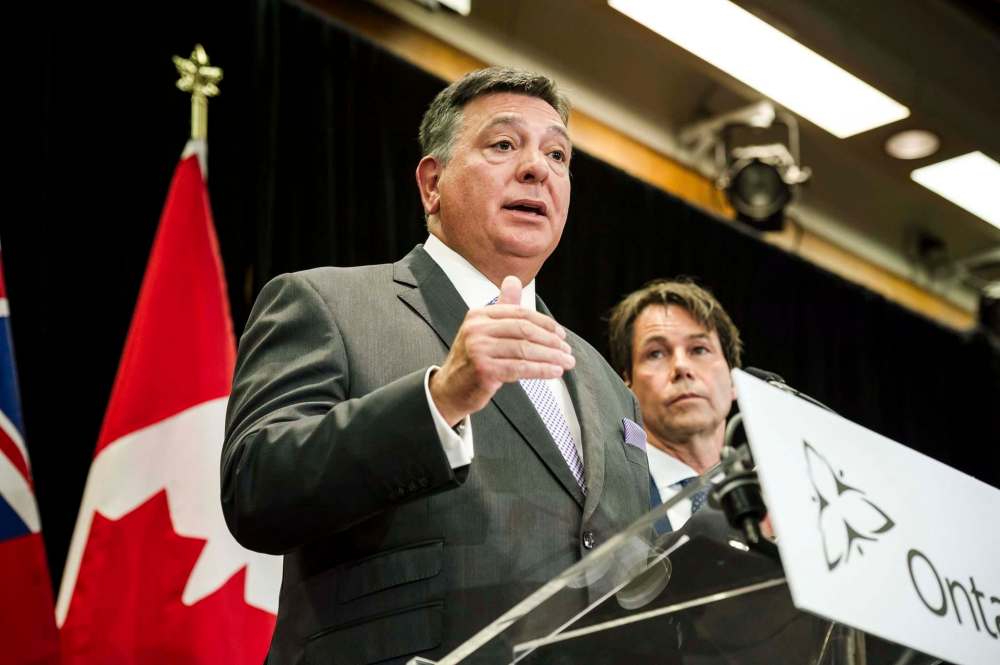Time to clear smoke on Manitoba’s pot plan
Advertisement
Read this article for free:
or
Already have an account? Log in here »
To continue reading, please subscribe:
Monthly Digital Subscription
$1 per week for 24 weeks*
- Enjoy unlimited reading on winnipegfreepress.com
- Read the E-Edition, our digital replica newspaper
- Access News Break, our award-winning app
- Play interactive puzzles
*Billed as $4.00 plus GST every four weeks. After 24 weeks, price increases to the regular rate of $19.00 plus GST every four weeks. Offer available to new and qualified returning subscribers only. Cancel any time.
Monthly Digital Subscription
$4.75/week*
- Enjoy unlimited reading on winnipegfreepress.com
- Read the E-Edition, our digital replica newspaper
- Access News Break, our award-winning app
- Play interactive puzzles
*Billed as $19 plus GST every four weeks. Cancel any time.
To continue reading, please subscribe:
Add Free Press access to your Brandon Sun subscription for only an additional
$1 for the first 4 weeks*
*Your next subscription payment will increase by $1.00 and you will be charged $16.99 plus GST for four weeks. After four weeks, your payment will increase to $23.99 plus GST every four weeks.
Read unlimited articles for free today:
or
Already have an account? Log in here »
Hey there, time traveller!
This article was published 12/09/2017 (2961 days ago), so information in it may no longer be current.
The reaction to last Friday’s announcement of the Ontario government’s plan for sales and regulation of legalized cannabis was, at best, mixed.
The document, promoted as “a safe and sensible approach to the retail of recreational cannabis,” didn’t seem to make all that many people completely happy.
At the plan’s unveiling in Toronto, Ontario Finance Minister Charles Sousa said marijuana sales will be limited to a monopoly of cannabis stores under the control of the Liquor Control Board of Ontario (LCBO), with 40 free-standing locations slated to open in time for the July 1 pot-legalization date and a total of 150 to be established by 2020.

In those stores, marijuana will be sold from behind the counter, a throwback to the way liquor was dispensed in Manitoba stores until the early 1970s. Customers won’t be able to peruse product displays and choose their weed on a self-serve basis.
The LCBO also will establish a mail-order distribution system, however, that will allow consumers to have legally purchased marijuana delivered to their homes.
Not surprisingly, the approach is very unpopular with the proprietors of the large number of illegal marijuana “dispensaries” currently operating in Ontario. They feel they’re being frozen out of the soon-to-be-legal marketplace and that the government’s plan will encourage, rather than eliminate, black-market pot sales.
Also opposed to the Ontario Liberals’ plan are many recreational users, who are unhappy that sales will be limited to marijuana in plant form. Unlike the approach in several U.S. states that have legalized marijuana, the wide variety of pot edibles — including baked goods and candies — will not be part of Ontario’s retail strategy.
The legal age for marijuana consumption in Ontario will be 19, the same as for tobacco and alcohol in that province (and higher than the federally mandated minimum age of 18). Recreational pot use will be legal only on private property, not in public places or in vehicles.
What wasn’t clear from last Friday’s announcement is how much legalized marijuana will cost and how much provincially imposed tax will be included in the price.
Among the cheerleaders for Ontario’s new pot plan is the Ontario Public Service Employees Union, whose members will staff the LCBO-run retail outlets.
Public discussion of the Ontario plan will certainly continue, in a lengthy and perhaps sometimes heated manner. And what’s important for Ontarians as Canada moves closer to the inevitable legalization of marijuana is that they have something to consider, to study and to make the target of their concerns and objections — or their support.
In Manitoba, the marijuana situation remains distinctly hazy.
When asked if the Ontario plan might provide guidance or ideas as this province moves toward legalization, Manitoba Justice Minister Heather Stefanson would only say, “All options are on the table at this point… We’ll continue to work with stakeholders in the community to develop a system that works best for Manitobans.”
It’s safe to say the Ontario system, with all its flaws, limitations and restrictions, is not what the Manitoba system will be. But it’s something. And with the days ticking by toward next year’s legalization deadline, it would be most helpful to Manitobans if the provincial government here moved decisively — sooner, rather than later — to unveil its strategy and let the people decide if it really will be, as promised, the approach that works best for us.


